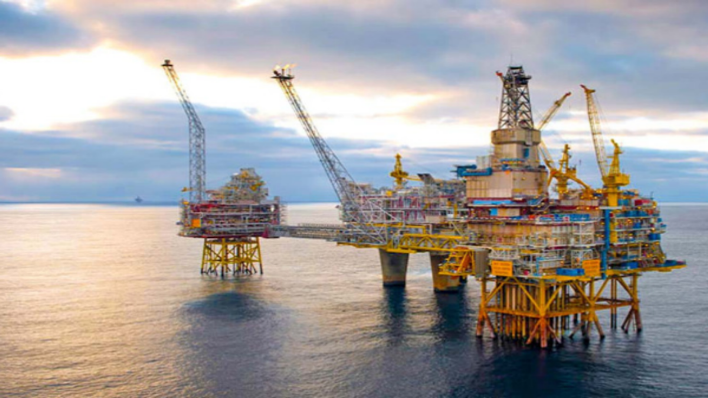Expert highlights challenges facing 57 marginal oil field bidders, Dr Leesi Gborogbosi, the CEO of Gabriel Domale Consulting granted us the permission to post on this website.
This detailed interview with Dr Leesi Gborogbosi, the CEO of Gabriel Domale Consulting is shown below
As reproduced from BusinessDay https://businessday.ng/energy/oilandgas/article/expert-highlights-challenges-facing-57-marginal-oil-field-bidders/
About 600 bidders have emerged for the 57 marginal oil fields put up by Nigeria but a Niger Delta-based oil management expert, Leesi Gborogbosi, has placed caution at their disposal and explained the cost profile of a bid. The last time Nigeria carried out such a bid was about 20 years ago, according to insiders.
The CEO of Gabriel Domale Consulting, a management consulting firm, warned bidders to endeavour to understand the concept of the marginal field from the perspective of government; the petroleum (amendment) decree number 23 of 1996; marginal field operations (fiscal regime) regulations of 2005; and the guidelines for the award and operation of marginal fields in Nigeria before deciding to invest.
Read: Marginal Field Guide
The consultant who worked in one of the foremost oil multinationals in Nigeria for many years and was responsible for all aspects of the IOC’s strategy, business development, leadership, governance, competitiveness, teams, and operations across all network of client offices gave the definition and explanation of marginal fields. He said they have some investment implications which he said a marginal field investor should factor into the investment decision.
On what he called ‘assured marginal economics’, Gborogbosi warned that because the economics of the oil mining license (OML) is considered marginal, the investor needs to re-evaluate the historical risks and costs of the proposed marginal field. “The key question is – what has changed over the years and what will be the costs of mitigations?”
He said for over 10 years, the existing infrastructure may likely have decayed and requires an urgent upgrade. This was the sad experience of the buyers of Nigeria’s power sector. The Ogoni-born expert warned further; “Additionally, because the marginal field existed in the host community for over 10 years, there may be a heightened expectation on the part of the host community for immediate corporate social responsibility initiatives.”
He warned bidders to understand the rationale behind the decision of the portfolio owners to stay away by understanding the underlying drivers for the portfolio rationalisation which he said the investor should consider as an investment variable and be risked in the decision model.
On this, he warned against the oil field being returned to the government. “The expectation is that marginal field will be efficiently operated to deliver competitive returns to the investor and contribute towards the national oil and gas aspiration. Full risk management will ensure that the marginal field does not hibernate beyond 10 years to avoid being reclassified as marginal field and re-awarded.”
In explaining what the government classifies as a marginal field, Gborogbosi defined them as “Marginal field definition is further highlighted by the Department of Petroleum Resources in the 2020 marginal field bid guidelines.
A marginal field is any field that has reserves booked and reported annually to the Department of Petroleum Resources (DPR) and has remained un-produced for a period of over 10 years.”
Costs
The expert gave cost ideas, advising investors who would be successful at the pre-qualification stage to treat the costs up to the point of winning the bid as search costs. “In the 2020 marginal field bid round, the total search cost is N47m (approx. US$130,235) excluding signature bonus.

